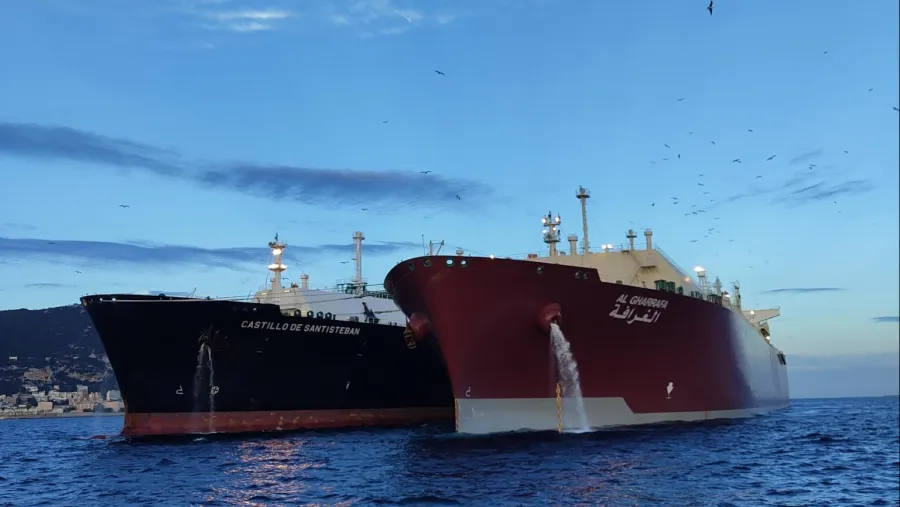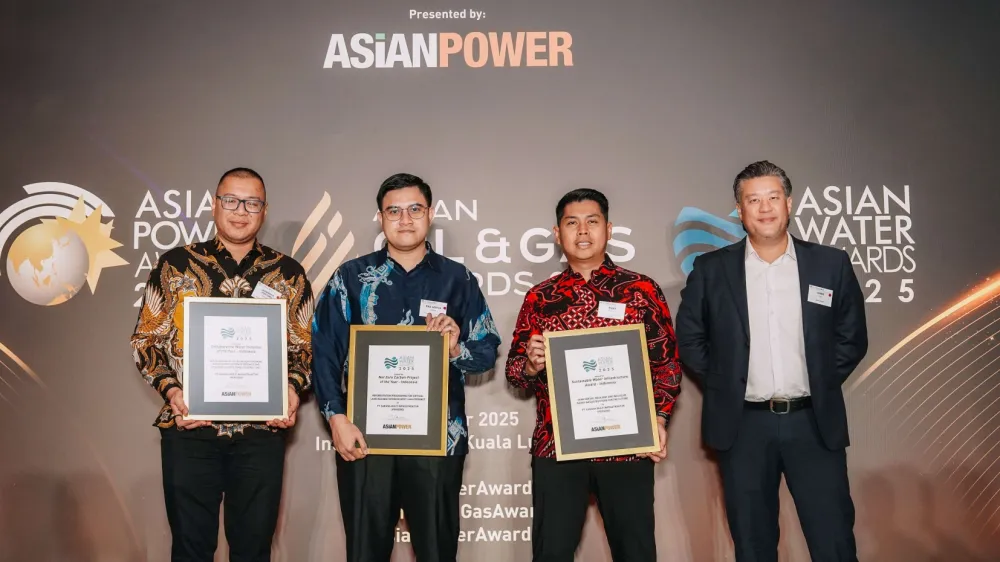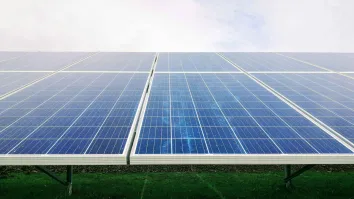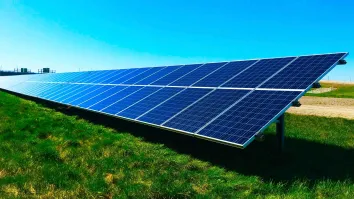
GAIL brings home major wins at Asian Oil and Gas Awards
The company was lauded for its LNG shipping cost and emission reduction and installation of the first floating CNG station.
India natural gas company GAIL was honoured as the recipient of the Innovation Award - India and Midstream Project of the Year - India at the Asian Oil and Gas Awards for its reduction in LNG Shipping cost and emissions through ship-to-ship (STS) with backhauling, as well as the installation of the first floating compressed natural gas (CNG) station.
GAIL has contracted 5.8 MTPA of LNG from the USA on a free-on-board basis. The company brings this volume to India via LNG ships. The ship typically travels a distance of approximately 19,554 nautical miles for a round trip journey to transport LNG from Sabine Pass in USA to India via Suez Canal and Gibraltar. This journey takes approximately 54 days and emits approximately 15,600 tonnes of CO2.
Emissions are generally controlled using latest technology or changing the destination of the cargo. However, GAIL, using an innovative contractual arrangement which results in vessel following an optimised path, has resulted in a significant reduction in CO2 emission.
The company innovated as its charter hired vessel Al Gharrafa from QatarGas in Gibraltar and transferred cargo via STS from Castillo De Santisteban into Al Gharrafa. This is the world’s first STS between a large conventional LNG vessel and a Q-Flex LNG Vessel. QatarGas Vessel proceeded to Dahej to discharge the Cargo originally planned to be discharged by GAIL’s Vessel and GAIL’s vessel returned back from Gibraltar to the next loading port.
This has resulted in saving of approximately 8736 nautical miles, equivalent to approximately 7000 tonnes of CO2 emission. Furthermore, this has resulted in shortening the voyage of the vessel from 54 days to approximately 27 days for GAIL’s chartered vessel.
The total optimised gain for GAIL in this charter turned out to be more than US$1m. QatarGas vessel on its backhaul saved on fuel cost, canal charges and also gained some revenue. Hence, this optimisation plan was a win-win situation for both GAIL and QatarGas.
“The proof of concept has been demonstrated by GAIL and has potential to be scaled up. The concept has a learning for the entire LNG shipping industry wherein through unique contractual arrangements, owners and charterers can significantly reduce the shipping distance and leading to substantial savings in carbon emissions,” the company said.
If this concept is scaled up, considering minimum two cargoes per month, this would result in distance savings of 209,664 nautical miles per year. This would result in emission saving of 167,731 tons of CO2 and also leading to significant increase in utilisation of the vessel.
A path towards clean energy for inland waterways

Meanwhile, GAIL’s first floating CNG station is a first-of-its-kind initiative in the world to run boats on clean fuel in the Ganges. India’s Honourable Prime Minister Sh. Narendra Modi dedicated 500 CNG-run boats to the nation.
To ensure this initiative’s success, GAIL created a CNG dispensing infrastructure, which manages the response of the edifice against the variating water level. It has also replaced existing diesel engines and converted diesel/petrol engines to CNG-propelled engines.
There are about 1700 boats owned by private operators, out of which about 1200 boats operate using diesel as a fuel. In addition, there are few boats owned by various authorities/agencies which run on petrol. With about 1200 boats of different types converted to CNG, estimated monthly savings of about Rs. 70 lakh to the entire boat owner community.
Moreover, GAIL’s existing mother station and available fleet of Mobile Cascades have been utilised to feed the daughter station near the ghats. Based on availability of land and topography of the two selected ghats and availability of natural gas through pipeline, two types of CNG Stations were envisaged: Khirkiya Ghat and Ravi Das Ghat.
Such a venture has brought a positive impact on improving the livelihood and health of the boatmen community. CNG being a more efficient fuel than diesel leads to significant savings for boatmen.
As per boat owners, CNG boats contribute approximately 35-40% more mileage due to replacement of old diesel engines with efficient CNG engines. CNG is less polluting and generates less smoke from exhaust as compared to diesel, providing convenience to boatmen and tourists. The introduction of CNG boats also promotes socio-economic development for the boatman community and the entire value chain.
This also accelerates GAIL’s net zero journey and sustainable development. The conversion of CNG boats from diesel contributed an estimated 216 tons of CO2 reduction in a year, based on last year’s data.
The Asian Oil and Gas Awards recognises exceptional initiatives in the oil and gas industry in Asia.
The Asian Oil & Gas Awards is presented by Asian Power Magazine. To view the full list of winners, click here. If you want to join the 2024 awards programme and be acclaimed for your company's outstanding contributions and initiatives in the oil and gas sector in Asia, please contact Danica Avila at [email protected].



















 Advertise
Advertise






